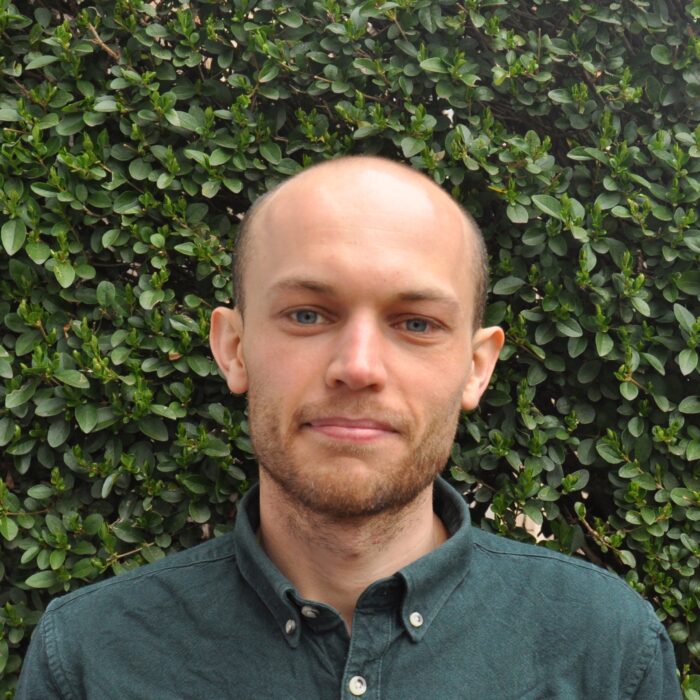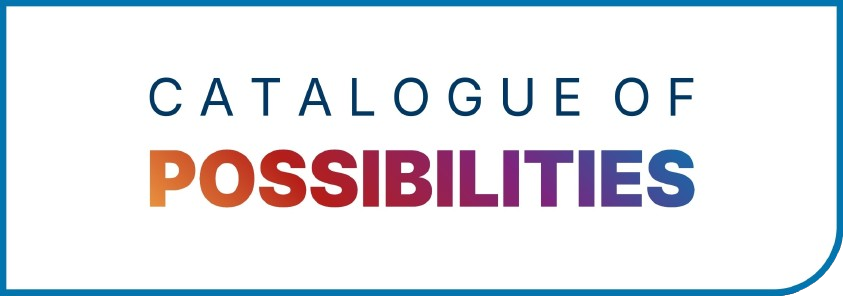Dr Sam Bayliss he/him

Lecturer in Quantum Engineering
Strategic Research Areas
I’m passionate about using fundamental research to open up new possibilities for quantum technologies and energy-harvesting devices. My group experimentally explores the spin and optical properties of molecular materials for applications in (1) quantum-enhanced sensing and (2) solar-energy harvesting.
By harnessing fundamental features of quantum mechanics—such as superposition and entanglement—quantum sensors offer new frontiers for detecting quantities ranging from magnetic and electric fields to strain and temperature. In particular, optically addressable electronic spins have emerged as a promising platform due to their ability to be coherently manipulated and sensitively detected, even at room temperature and at the single-spin level. Such systems offer exciting prospects such as nanoscale magnetic-resonance imaging, opening remarkable applications from understanding biological systems to mapping the structure and dynamics of novel materials/devices. We are working to pioneer a new platform for spin-based quantum sensors based on chemically synthesised molecules which can be atomistically tailored to a specific sensing task and offer unprecedented versatility through their nanoscale modularity and bottom-up assembly.
As a second complementary research theme, we explore how the quantum-mechanical property of spin underpins next-generation energy-harvesting and light-emitting materials based on molecules. For example, by judiciously harnessing the generation of molecular spin-entangled states, it is possible to create solar cells whose efficiency exceeds conventional limits. We explore the underpinning processes which open up such remarkable possibilities, paving the way for next-generation energy-harvesting materials.
As an interdisciplinary research team of five PhD students and two postdoctoral researchers, our efforts span solid-state physics, quantum engineering, physical chemistry, and materials science. Our experimental work combines advanced optical and spin resonance techniques, and our group has state-of-the art capabilities including for cryogenic confocal microscopy, electron/nuclear spin resonance, and single-spin detection.
I am interested in new interdisciplinary projects/collaborations to advance both of the above areas. In particular, I am interested in advancing the application of molecular quantum sensors to new domains, including for probing biological systems and novel materials/devices, and developing novel spin-based sensing modalities based on nanoscale magnetic resonance.
As a supervisor, I am committed to fostering an environment where everyone can have fun exploring ideas in a collaborative space and feel supported across all their activities, as well as providing an inclusive and flexible working environment in all we do. I have been a member of the School’s Equity, Diversity, and Inclusion Group since 2022 and have a track record in a number of EDI initiatives including developing data-driven roadmaps and infographics to inform tailored EDI actions plans; organising a cross-division workshop on being an effective upstander; hosting summer internships to widen participation in STEM; and undergoing continuous training in best practice.

